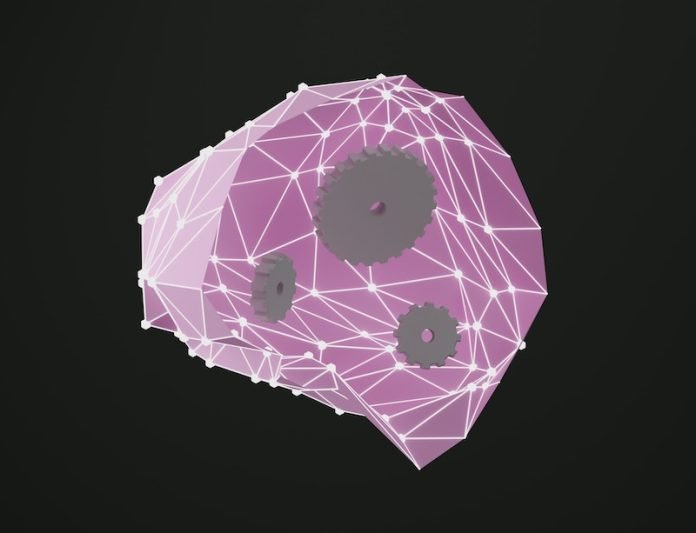
A recent study conducted by researchers at UCLA Health and Tel Aviv University provides the first physiological evidence from inside the human brain supports the dominant theory on how the brain consolidates memory during sleep.
Moreover, the study found that targeted deep-brain stimulation during a crucial stage of the sleep cycle appeared to enhance memory consolidation.
Key Findings
The research, published in Nature Neuroscience, suggests that deep-brain stimulation during sleep could potentially assist patients with memory disorders, such as Alzheimer’s disease.
The study utilized a unique “closed-loop” system that administered electrical pulses to one brain region precisely synchronized to brain activity recorded from another region.
The prevalent theory for how the brain transforms new information into long-term memories during sleep proposes an overnight conversation between the hippocampus, the brain’s memory hub, and the cerebral cortex, associated with higher brain functions like reasoning and planning.
This interaction happens during a phase of deep sleep when brain waves are particularly slow, and neurons across brain regions alternate between synchronized rapid firing and silence.
Methodology
The researchers were able to test this theory of memory consolidation using electrodes implanted in the brains of 18 epilepsy patients at UCLA Health.
The electrodes were initially implanted to identify the source of the patient’s seizures.
The study was conducted over two nights and mornings. Before bedtime, participants were shown photo pairings of animals and celebrities and immediately tested on their ability to recall the pairings.
This process was repeated the next morning after a night of undisturbed sleep. On another night, the same procedure was followed, but this time, participants received targeted electrical stimulation overnight.
Memory tests revealed that each individual performed better following a night of sleep with the electrical stimulation compared to a night of undisturbed sleep.
Future Work
The researchers plan to study whether artificial intelligence can aid in identifying and strengthening specific memories in the brain.
“In our new study, we showed we can enhance memory in general,” said Dr. Itzhak Fried, study co-author. “Our next challenge is whether we have the ability to modulate specific memories.”
Significance
This research could provide new insights into the understanding of memory consolidation and its relation to sleep.
The findings may lead to new therapeutic techniques for memory enhancement and treatment of memory disorders, paving the way for personalized treatments in neurology.
If you care about brain health, please read studies about how the Mediterranean diet could protect your brain health, and blueberry supplements may prevent cognitive decline.
For more information about brain health, please see recent studies about alternative drug strategy against Alzheimer’s, and coconut oil may help improve cognitive function in Alzheimer’s.
The study was published in Nature Neuroscience.
Copyright © 2023 Knowridge Science Report. All rights reserved.




